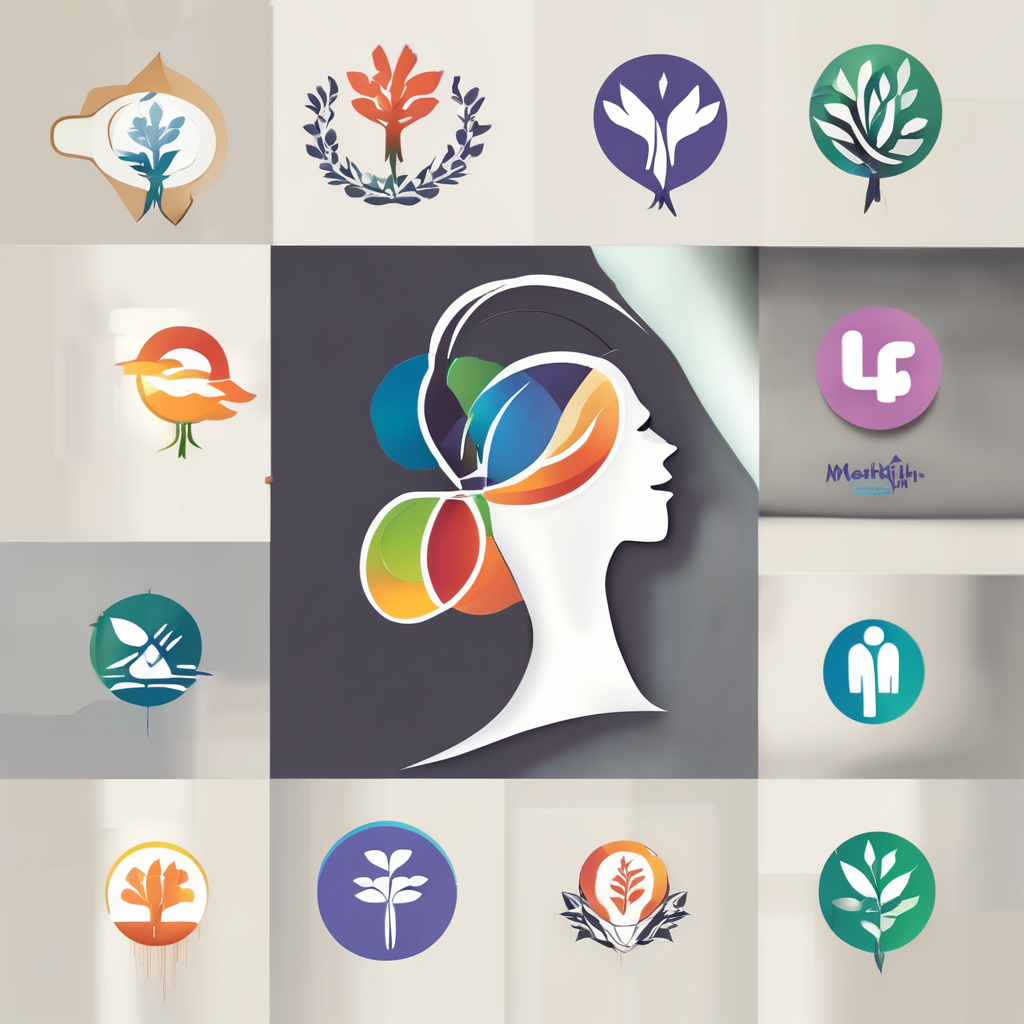Understanding Bilingualism and Its Cognitive Benefits
Bilingualism refers to an individual’s ability to use two languages proficiently. This ability goes beyond mere language skills, enveloping significant cognitive benefits, especially in older adults. Cognitive benefits associated with bilingualism extend to mental agility, improved memory, and heightened problem-solving skills. As one navigates between languages, various brain areas are engaged, fostering flexibility and adaptability.
Research shows that bilingual individuals exhibit greater mental resilience, often delaying cognitive decline associated with aging. A key component here is the cognitive flexibility that enables one to switch between tasks seamlessly, a skill honed through bilingual communication. This flexibility strengthens the executive function, a critical mental process responsible for planning and decision-making.
Also to see : Unlocking the Secrets to Long-Term Smoking Cessation: The Powerful Role of Peer Support in Adults
Recent studies have highlighted the profound impact of bilingualism on mental resilience. Findings suggest that bilingualism not only supports but enhances brain health by fostering neural connections. These connections support the retention of cognitive functions longer compared to monolingual individuals, offering a protective advantage in later years. Consequently, bilingualism serves not just as a linguistic asset but a profound enhancer of mental well-being.
Scientific Evidence of Bilingualism’s Advantages
The link between research studies and bilingualism is pivotal in understanding cognitive advantages. Specifically, such studies focus on cognitive aging and brain health. Major studies have underlined how bilingualism supports cognitive health in aging adults. For instance, these studies reveal that bilingual individuals often experience delayed cognitive decline, underscoring bilingualism’s protective nature.
Major Studies Supporting Bilingualism
Landmark studies assert that bilingualism significantly impacts cognitive health in older adults. These findings convincingly link bilingualism with a postponed occurrence of cognitive decline. Research suggests that consistently using two languages enhances mental resilience, offering long-term cognitive protection.
Mechanisms Behind Cognitive Benefits
Bilingualism engages diverse brain areas, boosting cognitive resilience. It primarily strengthens executive functions, including planning and decision-making abilities. This engagement enhances cognitive flexibility, allowing bilinguals to switch tasks efficiently, maintaining brain health and agility.
Case Studies and Statistical Analysis
Numerous real-world examples illustrate successful aging among bilingual individuals. Statistical analyses consistently show improved cognitive performance in these populations compared to monolinguals. Bilingual people not only enjoy better brain health but also show a statistically significant delay in cognitive decline, affirming the advantages of embracing a bilingual lifestyle.
Practical Tips for Embracing Bilingualism
Embarking on the journey of bilingualism can be particularly rewarding for older adults seeking cognitive enhancement. The right strategies and resources can make all the difference in language learning.
Strategies for Learning or Maintaining a Second Language:
- Consistency is Key: Dedicating regular time to practice helps solidify language skills.
- Immerse in Media: Engage with films, books, and music in the target language to enhance comprehension.
- Language Exchange: Pair up with a native speaker for conversation practice, offering mutual benefits.
Resources and Tools for Age-Appropriate Learning:
- Language Apps: Platforms like Duolingo or Babbel tailor lessons for diverse learning paces and styles.
- Community Classes: Local libraries or community centers often offer courses for older adults, incorporating social interaction elements.
Incorporating Bilingualism in Daily Life:
Making bilingualism part of daily routines enriches cognitive benefits:
- Label household items in both languages to improve vocabulary.
- Narrate daily activities in the second language to build fluency.
These practical approaches ensure that bilingual aspirations are both achievable and enriching, enhancing mental resilience through active engagement with language learning.
Personal Stories and Testimonials
Exploring personal experiences sheds light on how personal experiences with bilingualism can significantly enhance the lives of aging individuals. These narratives reveal insightful and impactful information about the role of aging bilinguals in fostering cognitive resilience.
Interviews with Bilingual Seniors
Firsthand accounts from seniors illustrate the profound benefits of bilingualism. Many aging adults express how leveraging two languages aids in maintaining mental resilience. Their stories reflect both the challenges and triumphs faced on this journey. Notably, they report improved problem-solving skills and sharper executive functions, even as they age. This insight aligns with research on the cognitive advantages of being bilingual, underscoring its significance.
Impact on Quality of Life
For aging bilinguals, their narratives often include themes of enriched social lives and a deeper cultural connection. Conversations with these seniors reveal that bilingualism enhances social interactions and prevents feelings of isolation. It also offers distinct cognitive advantages, supporting their mental health and overall well-being. These personal experiences highlight not only the enhanced cognitive agility and resilience but also how a bilingual lifestyle contributes to a fulfilling life in later years. Through their stories, we observe tangible benefits, personal growth, and a significant boost to their quality of life.
Expert Insights on Multilingualism and Mental Well-being
Gaining insights from experts can illuminate the broader psychological advantages of multilingualism, particularly in older adults. Psychologists and researchers consistently stress the importance of engaging with multiple languages to promote mental health. Experts note that multilingualism fosters improved cognitive function, enhancing brain health and providing mental resilience. This adaptability is critical as it contributes significantly to psychological advantages such as better memory and improved attention spans.
Perspectives from Psychologists and Researchers
Renowned psychological studies illustrate that mastering more than one language can be a key factor in maintaining mental agility. Researchers emphasize that mental well-being is closely tied to the constant brain exercise multilingualism provides, keeping the mind active and flexible.
Recommendations for Programs Supporting Seniors
Experts advocate for the establishment of enriching language programs tailored to seniors. These initiatives should include inclusive learning environments that encourage interaction and practice among peers. For instance, programs at community centers offering group activities can foster both language skills and social connections, crucial for a fulfilling senior life. Providing easy access to these resources empowers seniors to explore multilingualism, consequently bolstering their mental health and cognitive resilience. Such efforts not only enhance well-being but also provide valuable tools for aging populations to lead vibrant lives.



